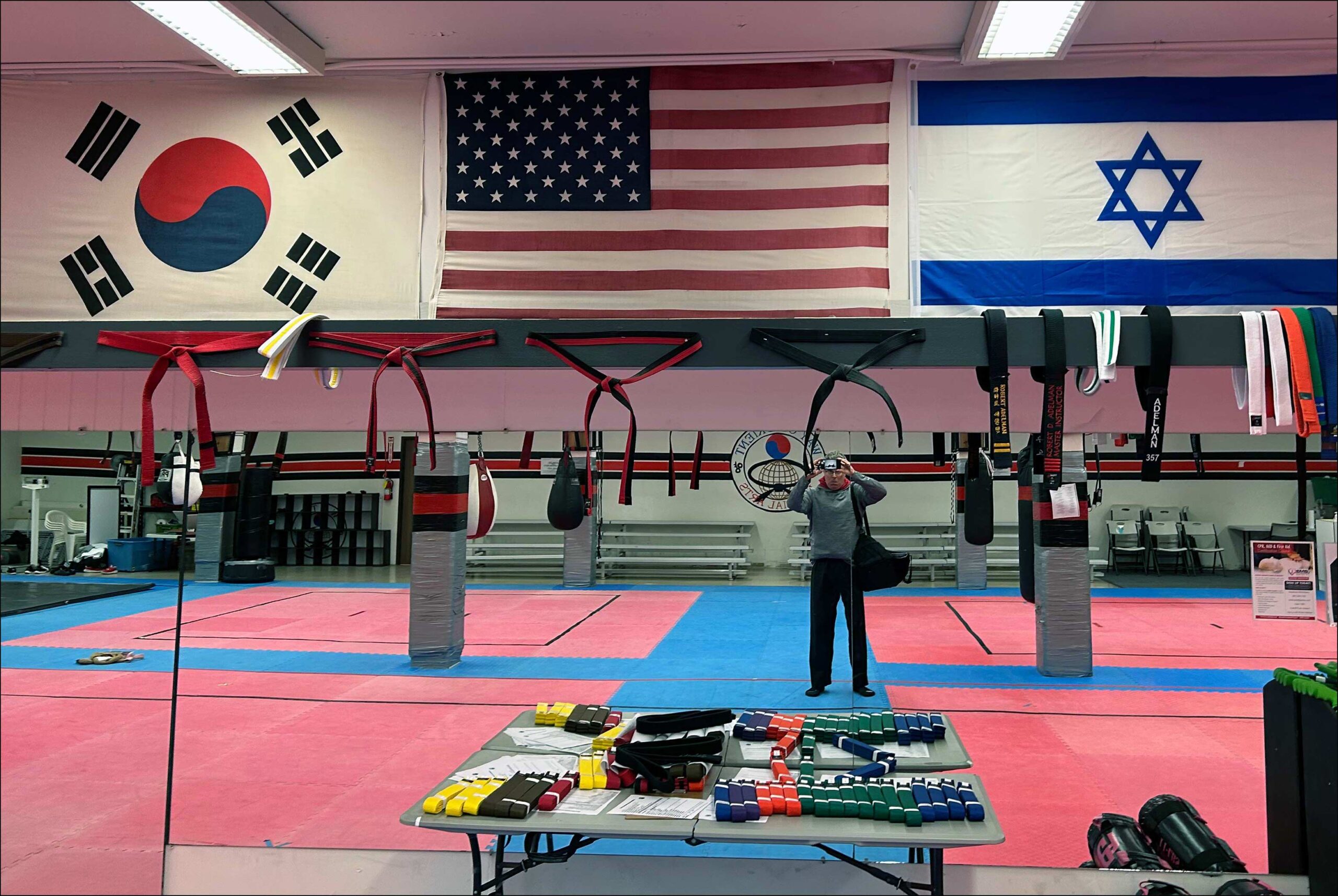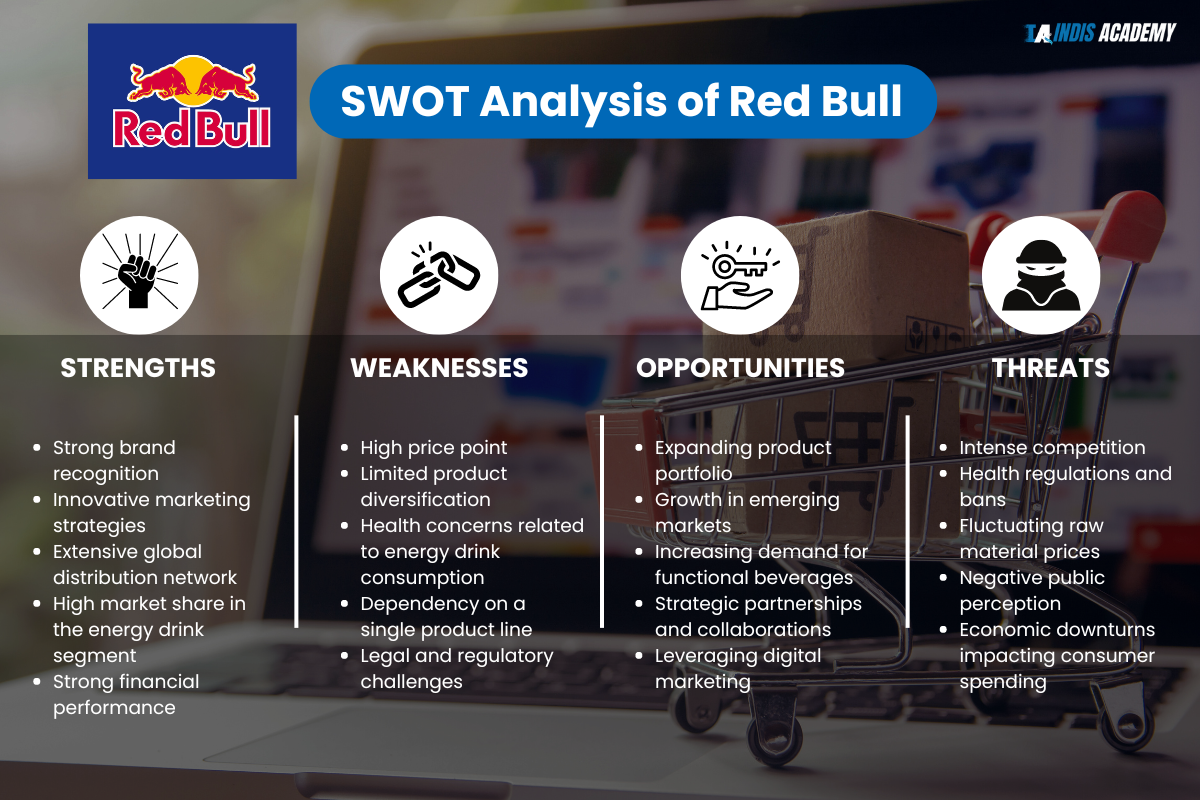Red Bull Support Israel: A Comprehensive Analysis Of The Controversy, Facts, And Opinions
Alright folks, let's dive straight into something that's been stirring up quite the buzz lately. Red Bull support Israel has become a topic that’s sparking heated debates all over the world. You might have seen hashtags trending on social media or people arguing passionately about it in comment sections. But before we jump into the thick of things, let’s take a moment to understand what’s really going on here. This isn’t just about energy drinks; it’s about politics, corporate responsibility, and the choices brands make that affect millions of consumers.
Now, you might be wondering why Red Bull, of all companies, is at the center of this storm. Well, it’s simple: Red Bull isn’t just any drink. It’s a global phenomenon, a brand that’s everywhere from racing circuits to music festivals. So, when they make a decision—especially one tied to such a sensitive issue—it’s bound to grab attention. And grab attention it has! People are divided, emotions are running high, and everyone seems to have an opinion.
Before we get too deep into the nitty-gritty, let me assure you this isn’t just another clickbait article. We’re here to break it down for you—facts, opinions, and everything in between. Stick around, because by the end of this, you’ll have a clearer picture of what’s really happening and maybe even form your own stance on the matter. Let’s go!
Read also:What Is The Gerber Life College Plan And How Can It Help You Save For Education
Understanding the Roots of the Controversy
First things first, let’s talk about where all this started. The controversy surrounding Red Bull's alleged support for Israel isn’t exactly new. It’s been simmering for years, but it gained massive traction recently. The main argument revolves around Red Bull’s business dealings in Israel and the Occupied Palestinian Territories (OPT). Critics claim that by operating there, Red Bull is indirectly supporting the occupation and human rights violations.
Now, here’s the kicker: Red Bull hasn’t exactly been shy about their presence in Israel. They’ve hosted events, sponsored athletes, and even have a strong marketing push in the region. But is this just business as usual, or is there more to it? Let’s break it down further.
Why Is This Such a Big Deal?
For many, this isn’t just about a drink. It’s about the moral implications of supporting a country involved in ongoing conflicts. Critics argue that multinational corporations like Red Bull have a responsibility to consider the impact of their actions on global politics and human rights. When Red Bull chooses to operate in Israel, they’re not just selling energy drinks; they’re making a statement.
On the flip side, supporters of Red Bull argue that businesses should remain neutral and focus on providing products rather than getting entangled in political debates. But is neutrality even possible in such a charged environment? That’s the million-dollar question.
What Does Red Bull Say?
Let’s flip the script for a moment and hear what Red Bull has to say. Officially, the company hasn’t made any bold declarations about supporting Israel. Instead, they’ve maintained a stance of neutrality, claiming that their operations are purely business-driven. But here’s the thing: actions speak louder than words. By continuing to operate in Israel and the OPT, they’re essentially endorsing the status quo.
Red Bull has also faced pressure from activists and consumers who demand clarity. Some have even called for boycotts, urging people to stop buying their products until they take a stand. But will this pressure be enough to make them change their ways? Only time will tell.
Read also:Exploring Elon Musks Partners And Kids A Comprehensive Look
Red Bull's Corporate Responsibility
Corporate responsibility is a big deal these days, and for good reason. Consumers are more informed than ever, and they expect brands to align with their values. So, what does this mean for Red Bull? Are they meeting expectations, or are they falling short?
Here’s the thing: Red Bull has always positioned itself as a brand that pushes boundaries and challenges the norm. But when it comes to issues like this, pushing boundaries can sometimes mean crossing lines. It’s a delicate balance, and one that Red Bull seems to be struggling with.
The Facts Behind the Controversy
Now, let’s talk facts. According to reports, Red Bull generates significant revenue from its operations in Israel. They’ve also been accused of benefiting from tax incentives and other advantages offered by the Israeli government. But is this really a case of supporting the occupation, or is it just smart business?
Some argue that by operating in the OPT, Red Bull is complicit in human rights violations. Others believe that boycotting the brand won’t solve anything and that a more constructive approach is needed. Whatever side you’re on, one thing is clear: the facts are complex, and they don’t always paint a black-and-white picture.
Key Statistics and Data
Let’s throw some numbers into the mix. According to a report by the United Nations, the Israeli-Palestinian conflict has resulted in widespread suffering and displacement. This is where brands like Red Bull come under scrutiny. If their operations contribute to the economic viability of the occupation, they’re essentially fueling the conflict. Scary thought, right?
On the flip side, Red Bull claims that their presence in the region creates jobs and stimulates economic growth. But is this enough to justify their actions? That’s a question that many are grappling with.
Public Opinion and the Boycott Movement
Public opinion is a powerful thing, and in this case, it’s playing a major role. Many people have taken to social media to voice their dissatisfaction with Red Bull. Hashtags like #BoycottRedBull have gained traction, with thousands of people pledging to stop buying the drink until the company takes a stand.
But not everyone is on board with the boycott. Some argue that it’s unfair to target a single brand when the issue is much larger than that. Others believe that consumer activism can drive real change, and that Red Bull needs to feel the pressure to reconsider their stance.
What Do the Experts Say?
Experts in the field of corporate ethics and international relations have weighed in on the matter. Many agree that brands have a responsibility to consider the impact of their actions on global issues. But they also caution against oversimplifying complex situations. It’s easy to point fingers, but finding real solutions requires a more nuanced approach.
One thing is certain: the debate around Red Bull’s involvement in Israel is far from over. As more voices join the conversation, the pressure on the company to take a stand will only increase.
Israel and Red Bull: A Historical Perspective
To truly understand the controversy, we need to look at the historical context. The Israeli-Palestinian conflict has been ongoing for decades, and it’s a deeply complex issue. Red Bull’s entry into the region came at a time when tensions were already high. So, was this a calculated move, or just bad timing?
Historically, multinational corporations have often found themselves caught in the crossfire of global conflicts. Red Bull isn’t the first, and they certainly won’t be the last. But what sets them apart is their massive brand presence and the loyalty of their consumer base. When a brand as big as Red Bull makes a decision, it’s bound to have ripple effects.
Lessons from the Past
Looking back at similar controversies involving other brands, we can see patterns emerging. Companies that fail to address public concerns often face long-term damage to their reputation. On the other hand, those that take proactive steps to engage with stakeholders and address issues head-on tend to fare better.
Red Bull has a choice to make: continue down the path they’re on, or take steps to mend fences with their critics. The lessons from history are clear, but will they listen?
Alternative Perspectives
Not everyone sees this issue in the same light. Some argue that Red Bull’s involvement in Israel is a positive thing, bringing much-needed investment and opportunities to the region. Others believe that the focus should be on finding peaceful solutions rather than targeting individual brands.
Let’s not forget that there are two sides to every story. While critics accuse Red Bull of supporting the occupation, supporters argue that their presence in the region is a sign of hope and progress. It’s a complex issue, and there’s no one-size-fits-all answer.
Exploring Different Viewpoints
To truly understand the controversy, we need to explore different viewpoints. This includes hearing from people on the ground in Israel and the OPT, as well as experts in the field. By gathering a wide range of perspectives, we can gain a more comprehensive understanding of the issue.
One thing is certain: the conversation around Red Bull’s involvement in Israel isn’t going away anytime soon. As more voices join the discussion, the picture will become clearer, but the solutions won’t be easy.
What Can Consumers Do?
Consumers have more power than ever before, and they’re using it to drive change. If you’re concerned about Red Bull’s involvement in Israel, there are several things you can do. First, consider supporting brands that align with your values. Second, use your voice to raise awareness and encourage others to take action.
But remember, change takes time. Boycotting a single brand won’t solve the Israeli-Palestinian conflict overnight. It’s about creating a movement that encourages corporations to take responsibility for their actions and contribute positively to the world.
Taking Action
Here’s a quick list of things you can do to make a difference:
- Research brands and their stances on global issues
- Engage in conversations and share your perspective
- Support organizations working towards peace and justice
- Stay informed and continue learning about the issues
Every small action counts, and together, we can create real change.
Conclusion
Alright, folks, we’ve covered a lot of ground here. From the roots of the controversy to the facts, opinions, and potential solutions, we’ve explored every angle of the Red Bull support Israel debate. It’s a complex issue with no easy answers, but one thing is clear: the choices we make as consumers matter.
If you’ve been following along, you now have a better understanding of the situation. But the question remains: what will you do about it? Will you join the boycott, or will you choose to support Red Bull and hope for change from within? The ball is in your court.
Before you go, don’t forget to leave a comment and share your thoughts. Let’s keep the conversation going and work towards a better future for everyone involved. Thanks for reading, and see you in the next one!
Table of Contents
- Understanding the Roots of the Controversy
- The Facts Behind the Controversy
- Public Opinion and the Boycott Movement
- Israel and Red Bull: A Historical Perspective
- Alternative Perspectives
- What Can Consumers Do?


